BBC’s new fabrication on Nika Shakarami’s death part of propaganda war against Iran
By Xavier Villar
In another example of yellow journalism, BBC Persian recently published documents classified as "confidential" that it claimed belonged to the Islamic Revolution Guards Corps (IRGC).
According to the state-run British media outlet, these documents included the names of the alleged “killers” of Iranian girl Nika Shakarami as well as the officers responsible for “covering up” the case.
The 17-year-old Iranian teenager went missing on September 20, 2022 and was later found dead in the courtyard of a building on Labafi Street in Tehran's Amirakaram intersection.
Her death came amid countrywide riots in Iran instigated by Western media and intelligence agencies following the death of Mahsa Amini while in police custody.
A CCTV video at the time showed Shakarami, who was walking alone and without any signs of panic or stress, entering the building at 12:02 at night while talking on her mobile phone. It was the last video of the teenage girl before her body was discovered in the backyard.
A specialized police team was sent to the place immediately and they found out that the lady fell from the building into the courtyard of the adjacent house. The evidence also substantiated that.
However, spinning and distorting the truth, Western media outlets at the time claimed that Shakarami was killed by the Iranian police, which was an absolute fabrication that even her friends dismissed.
More than 18 months later, the British state media is at it again – resorting to a disinformation campaign against Iran in a bid to deflect attention from Britain’s complicity in the Gaza genocide.
According to the BBC report, after Shakarami was allegedly detained and transferred to the back of an unidentified van, one of the men sexually assaulted her.
The problem with the narrative presented by the BBC is that the information provided is riddled with forgeries and lacks credibility for multiple reasons.
Several Iranian experts have explained that the journalists who filed the report have limited understanding of the structure and functioning of the IRGC or have intentionally altered some data.
The BBC report claims there was an investigation into the death of Shakarami and the subsequent interrogation of several members of the IRGC.
According to the internal structure of the IRGC, all investigations into the actions of its members, as well as those of the Basij auxiliary force, fall under the responsibility of its information department.
However, in the documents presented by the BBC, there is no mention of any name of the person in charge of the Information Department as the author of the investigation.
What appears in these documents are some names of police force officials. For example, one of the names mentioned is that of the so-called “Commander of the Special Brigade of the Metropolitan Police of Tehran, Sayyed Reza Mousavi.
The problem with this is that, on the one hand, the relevance of the Commander of the Special Brigade of the Metropolitan Police of Tehran in an internal information matter of the IRGC is not understood, given that the responsibilities of this brigade are mainly operational and not related to information.
On the other hand, at the time of the events narrated by the BBC in October 2022, the commander of this unit was Ahmad Noor Ali, and not Seyyed Reza Mousavi, as can be seen in published documents.
At that time, Reza Mousavi was the head of the Amir al Momenin Special Forces Unit and not, as mentioned, the commander of the Tehran Police Special Brigade.
Another aspect that has drawn the attention of Iranian experts is the issue of the time dedicated to the so-called internal investigation. According to the BBC itself, the data presented is the result of 1600 hours of investigation (approximately 70 days).
The documents mention five or six accused individuals, implying that around 300 hours would have been spent on interrogating each of these accused, and that too when security forces were busy on the streets, dealing with armed rioters funded by Western agencies and propped up by the BBC and ilk.
While the previous point is purely speculative, the truth is that several of the documents presented by the BBC mention a supposed "Confidential Secretariat," tasked with preventing the dissemination of news related to the investigation.
The issue with this 'Confidential Secretariat' is that it does not exist within the organizational structure of the IRGC.
On the other hand, the documents published by the BBC are supposed to be the originals of the IRGC’s internal investigation, but they lack both a date and a registration number.
Another aspect that demands attention is the incorrect use of military ranks, suggesting that the individuals who released the documents may not be familiar with the internal structure and hierarchy of the IRGC or other branches of the Iranian military system.
For example, one of the documents mentioned the "commander" of the Information Unit in the Tehran province. Following internal security protocols, the title of "head" or "chief" should have been used, and under no circumstances "commander".
Other similar examples pointing to lies peddled in the documents include the title of "inspector", which does not exist within the IRGC’s organizational chart. Therefore, it makes no sense for the expression "Chief Inspector of the File" to appear in a supposed official report.
Likewise, the term "investigator" is not used, but titles such as "specialist" are preferred.
Furthermore, the report published by the BBC includes assessments that are not usually found in reports of this nature. For example, it is mentioned literally: "It was said that, given that we had 19 deaths that night, we didn't want the figure to reach 20, so we left it under the bridge..."
Another example mentioned in the documents is that when Shakarami was detained inside a police van, one of the officers, identified as Arash Kollar, saw Sadeq Manjazi, another officer in the van, with "his hand inside Nika's pants".
From a cultural standpoint, according to several experts, such expressions in an official report where the head of the intelligence organization informs the commander-in-chief of the IRGC, are considered inappropriate. So, it exposes another lie peddled by the BBC.
Based on the above, it can be concluded that the BBC has not even bothered to verify the names of the commander in charge of the internal security body of the IRGC, nor those of other officials, nor does it understand what their responsibilities are within the organization's structure.
The claims made in the report totally fail the credibility test and are far from the truth as has already been established by investigations carried out into the case previously.
If the British media outlet actually intended to investigate what happened in Iran in late 2022, it should have complied with minimum professional and ethical standards and spoken to real witnesses.
The latest BBC report is the continuation of the same disinformation campaign that followed Amini’s death in police custody, followed by the death of Shakarami.
Xavier Villar is a Ph.D. in Islamic Studies and researcher based in Spain.
(The views expressed in this article do not necessarily reflect those of Press TV)
Over 14 million lives at risk from US foreign aid cuts, study warns
Dozens of trade unions demand end to Israeli aggression in Gaza
VIDEO | Calls for talks amid threats of war
Pakistan won’t remain silent if US, Israel target Leader: Senator
‘Global bitcoin mining affected by Iran’s war-linked internet outage’
Hamas slams Israel over death of Palestinian detainee
Israel admits soldiers shot dead Palestinians at Gaza aid distribution sites
Israel kills more Palestinian journalists in Gaza



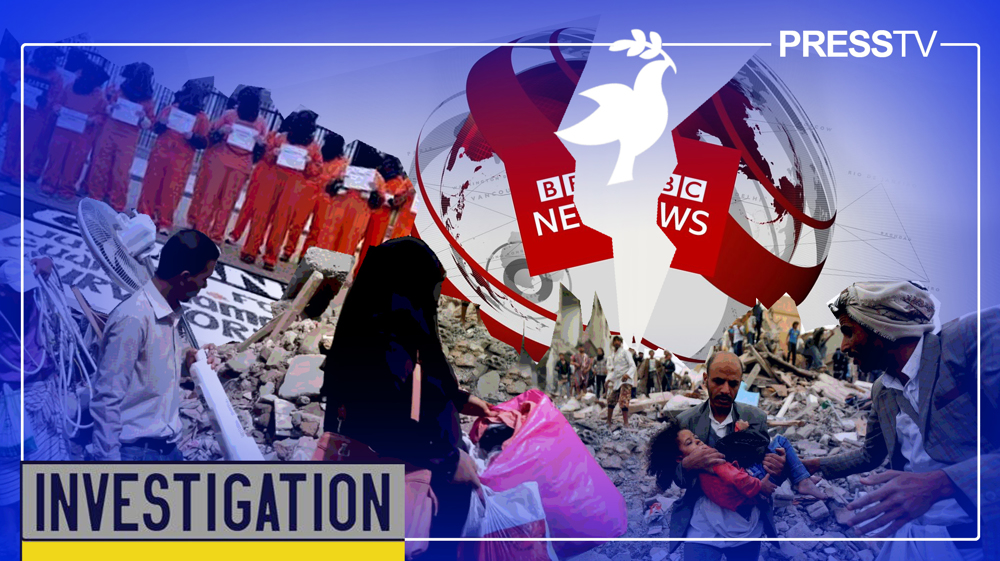
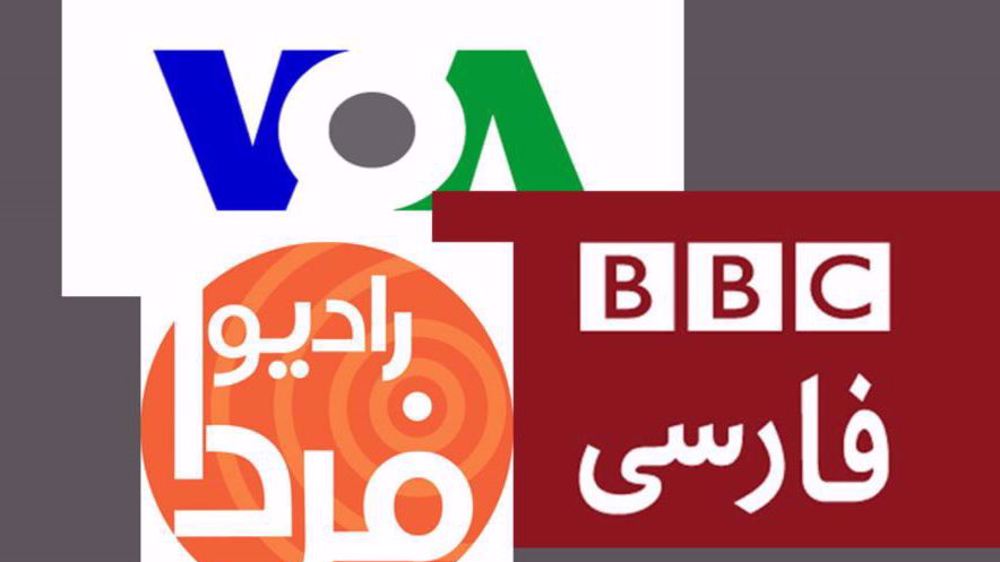
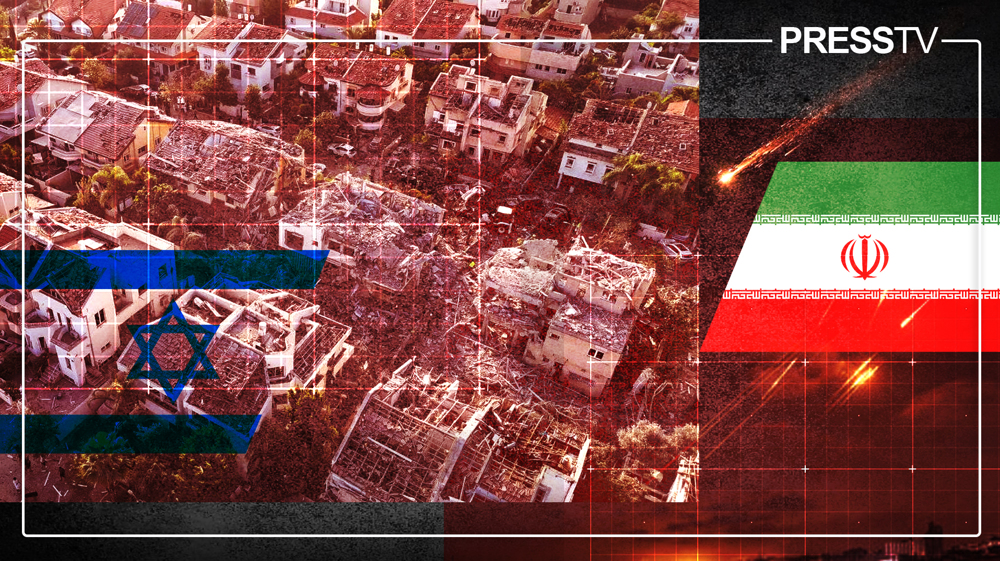
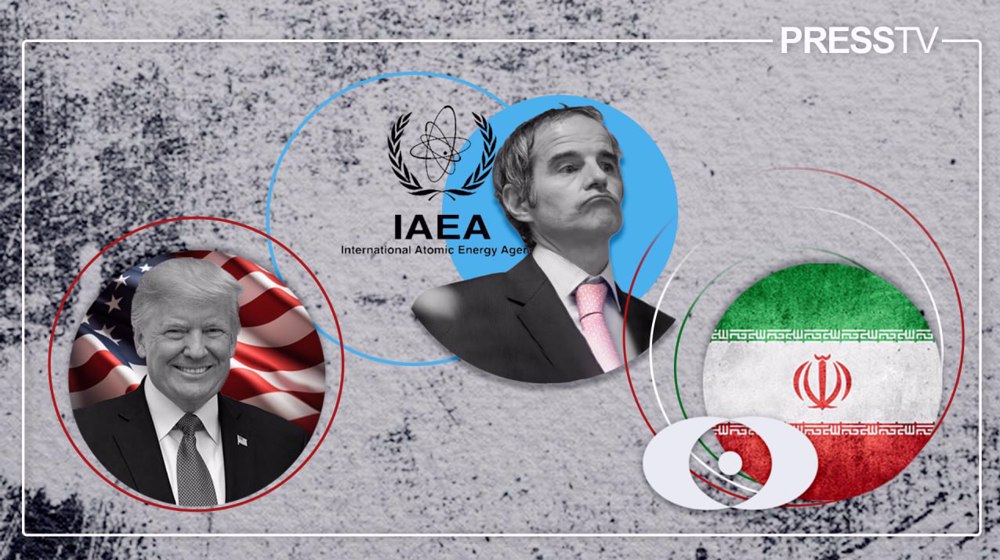
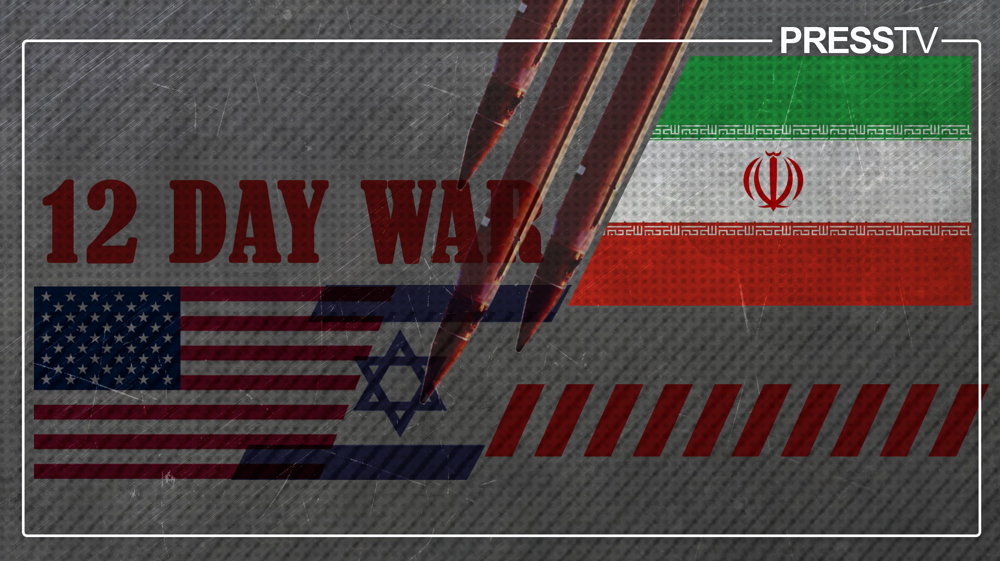



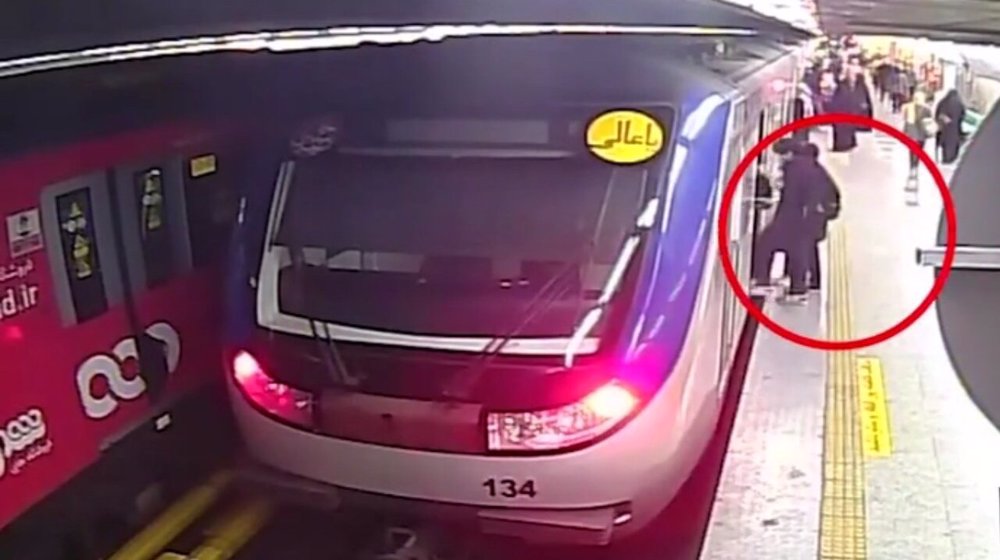
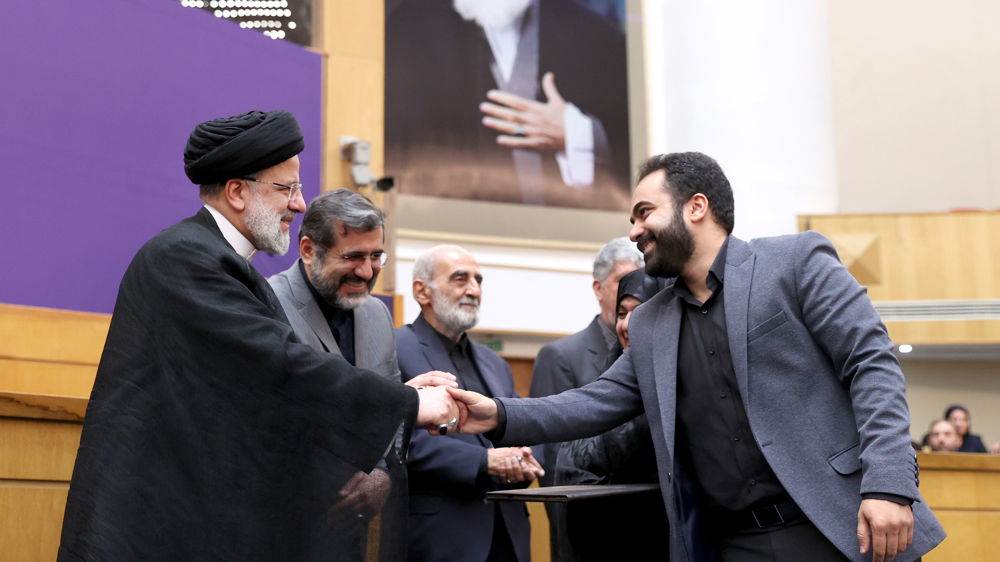
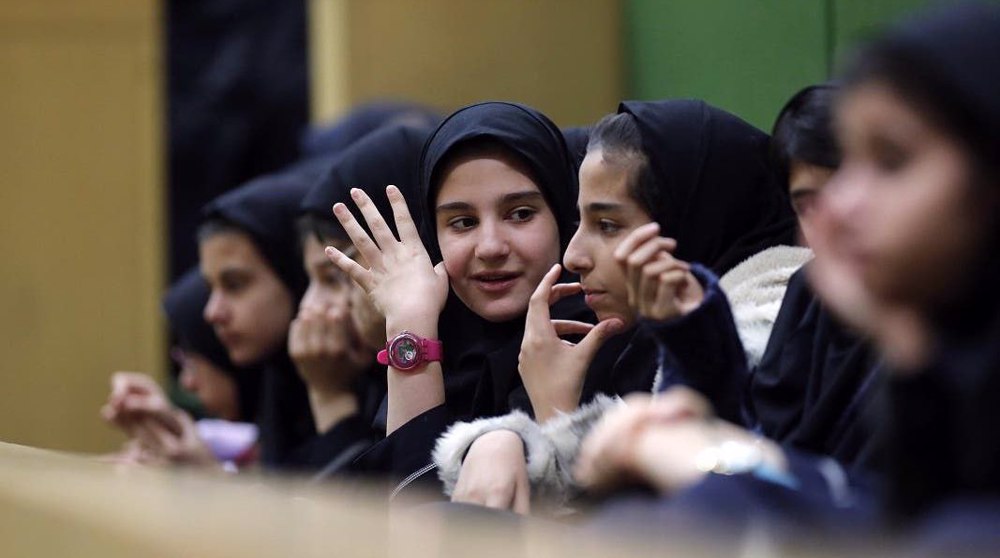
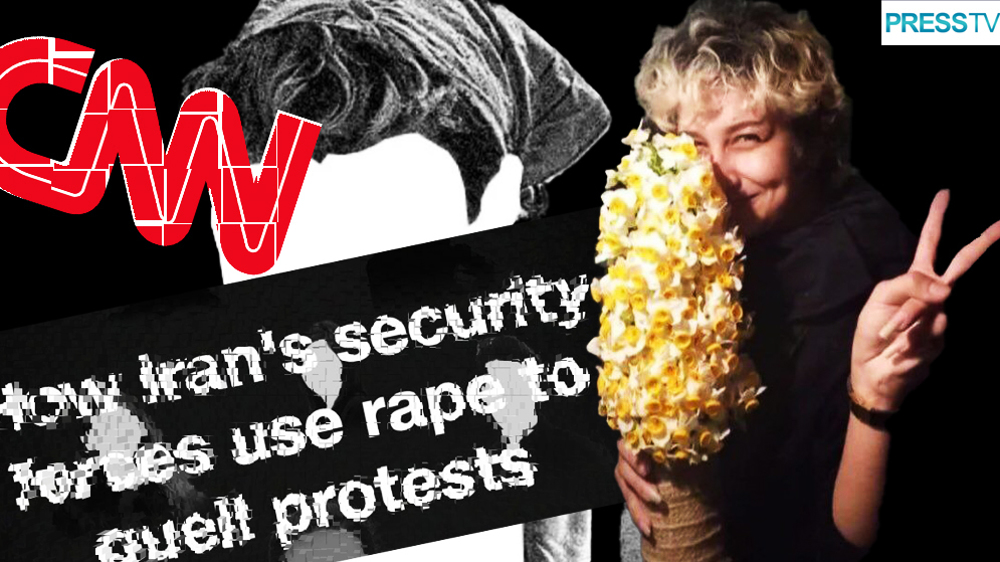


 This makes it easy to access the Press TV website
This makes it easy to access the Press TV website